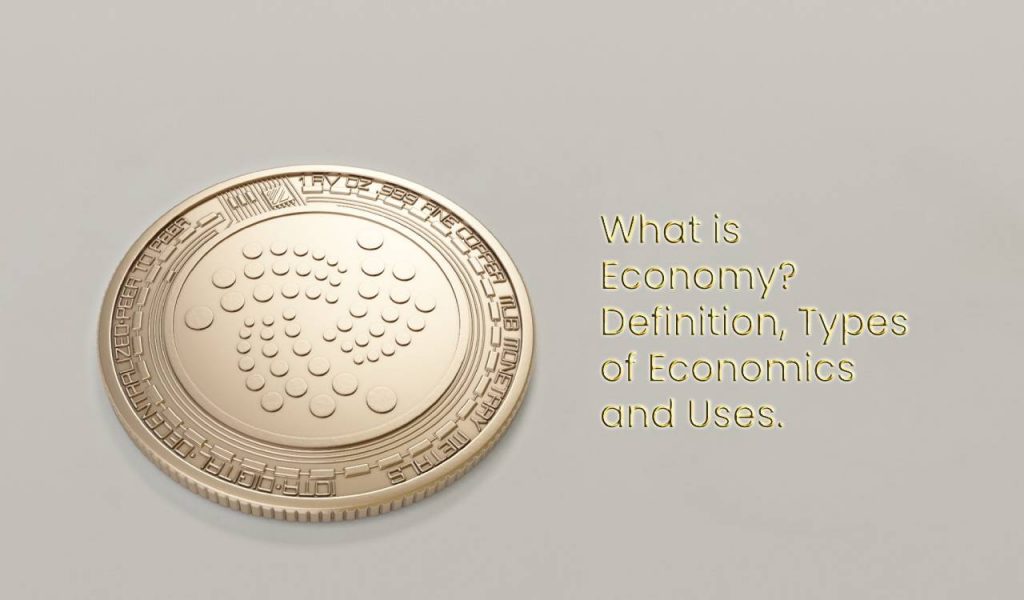The economy can be framed within the social sciences group since it is dedicated to the study of productive and exchange procedures, and the analysis of the consumption of goods (products) and services. The word comes from the Greek and means “administration of a house or family.
The new definition of economic science, if we consider economic science, is a stream that analyzes how human beings meet their unlimited needs with scarce needs that have a different purpose. If any resource use for the production of a specific good or service, it’s assuming the cost of not actuality able to use it for the creation of a different one. It can be called the opportunity cost. The purpose of the economy is to provide criteria so that the allocation of resources is as efficient as possible.

Two philosophical currents regarding economics can be mentioned. When the study refers to postulates that can be verified, it is a real economy. On the other hand, when it takes into account statements that will base on value judgments that cannot be verified, one speaks of normative economics.
For the German Karl Marx, economics is the scientific discipline that analyzes the relations of production that occur within society. Based on history, Marx studies the concept of work-value that postulates that value has its objective origin according to the amount of work needed to get right. It should be thinking ahead that there is a large number of schools of economic believed, which present different tactics to analyze: mercantilism, the moderatism. The world economics has enormous uses that allow it to be linked to various aspects of trade or supply-demand relations that currently have.
Types of Economy are Mentioned below:
Sustainable way of economy, also known as a viable way of development, is a new meaning that has developed fashionable in recent years, and that encompasses a social life project based on the reusing of raw materials and resources for various purposes. It is about changing the production process based on an economy based on caring for the environment and changing the quality of life of a society. It seeks to meet the needs of the generations that are living in a particular temporary space without jeopardizing the subsistence or economic possibilities of future generations.
Business Economy
Business economics: is how an organization can manage its resources and services, offering an ambitious vision towards the market. It uses several scientific disciplines that allow this work to be carried out. It is a way of applying economics in the scope of a company, and external values such as stock market indices, market demand, and other variables must be taken into account for its proper functioning.
Natural Economy
The natural economy: as defined by biologist MT Ghiselin, is the study of the consequences that shortages cause in living beings. I am proposing an in-depth analysis of human actions and their side effects in the environment.
Political Economy
Political economy: is the study of human behaviors, examined within an original legal context. The political economy is related to the natural economy in that human actions their political economy can shake the natural environment, positively or negatively, the collaboration of living beings with the environment always modifies it.
Mixed Economy
The mixed economy: is a commercial exchange system that is not free, where the state is responsible for setting specific rules that allow a balanced distribution of profits among the different merchants of that economic system.
Market Economy
The market economy: is a unique and social system where the factors that influence are the partition of employment, goods and services and the interface between the entities that make up a society. It is a price-free system set by demand on supply. It is a light and free economic system, where those involved in the buying and selling exercise set the circumstances. There is no country today where commercial monetary freedom is absolute.

